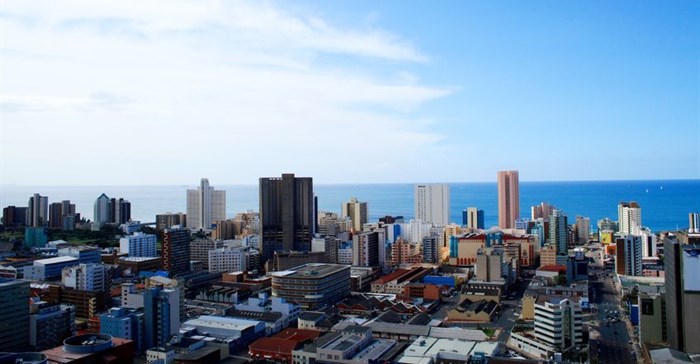
Top stories






LifestyleWhen to stop Googling and call the vet: Expert advice on pet allergies from dotsure.co.za
dotsure.co.za 2 days
More news


















From Nigeria to Cape Town, down the Indian Ocean coast to Maputo in Mozambique and offshore to Mauritius, which has most fully embraced the principles and practices of free market economics, there are many opportunities for those who do their homework.
The economic and political indicators vary - some from smaller bases than others, but in order to maintain growth and lessen the effects of the volatility in oil and commodity prices, there is a general call for economic diversification through industrialisation and agriculture. In some countries this is starting to play out with the development of a number of industrial parks. Furthermore, the recently signed free-trade agreement, designed to improve inter-regional trade between 26 African countries, is not only a further catalyst for diversification, but also for improved transport infrastructure and the development of logistics warehouses.
In sub-Sahara’s capital cities urbanisation is taking place on a scale not seen since the 19th century in Europe. However, this is placing further pressure on housing, infrastructure and employment. Countries can use urbanisation to their advantage through effective industrial policies that will not only generate jobs but also alleviate poverty.
The narrative of Africa’s rising middle class has been around for a number of years. The African Development Bank defined the middle class as those with a daily consumption of $2-$20, but the $2-$4 (estimated to be 43% of middle class) segment is extremely vulnerable and can easily fall back into poverty. The rise in the middle class has not been reflected in growth in consumer spending as was evident when Nestlé cut 15% of its workforce across 21 African countries because it overestimated the rise of the middle class. This has also forced Nestlé to change its target market to lower-income earners. The over-estimation of middle class spend has resulted in a number of new developments aimed at this class not proving particularly successful as prices are too high for the majority of the target market.
It is currently tough at the top for a number of centres in main cities, as well as for prominent retailers, due to prevailing market conditions. These conditions have prompted a number of developers and retailers to adopt a wait-and-see approach but have also opened the door for developments in outlying towns, and for optimistic retailers to enter the market. A number of international retailers have exited the African market while some prominent African brands such as Nakumatt are finding it difficult to operate in the current market. In some countries there has also been a shift away from retail centres back to markets because of decreased consumer spend. These markets offer good prices closer to home.
The commitment to reduce carbon emissions in line with the Paris Agreement means that green building design has become integral in the construction of buildings in many parts of the world. Green buildings have been at the forefront of new developments in SA for some time, and are now spreading to the rest of Africa with the establishment of Green Building Councils in Namibia, Zambia, Mauritius, Rwanda, Tanzania, Kenya and Ghana. Recently Green Star ratings have been accredited to three buildings in Namibia, one in Rwanda, one in Kenya and one in Ghana. In general, green buildings are not only cost-effective, but also command higher rentals. Most international companies who enter the African market have a prerequisite for this type of building.
Improved technology has resulted in companies optimising space due to the changing needs of customers. Africa has a very advanced mobile payment system, and with technology forever evolving in all sectors of the property market, role players in the property market need to adapt accordingly. Barclays Bank of Kenya has closed seven of its branches in the country due to the increased uptake of mobile, online and alternative channels by customers which resulted in the bank reviewing their options in a challenging environment. A number of shopping centres across the continent have installed Wi-Fi and introduced apps while online shopping is becoming increasingly popular.
